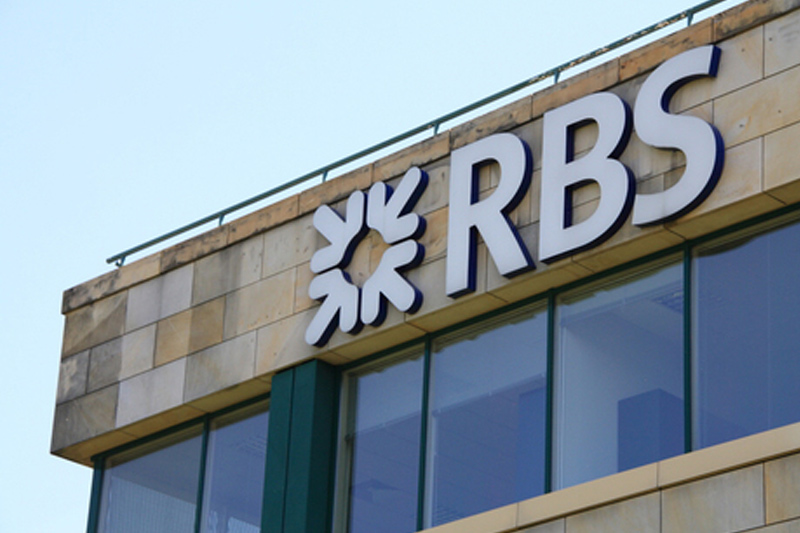By Guy Faulconbridge and Alistair Smout
EDINBURGH (Reuters) - Supporters of keeping Scotland in the United Kingdom have clawed back a 4 percentage point lead over separatists, a YouGov poll showed on Friday, with less than a week to go before Scots vote in a referendum on independence.
The YouGov survey for The Times and Sun newspapers put Scottish support for the union at 52 percent versus support for independence at 48 percent, excluding those who said they did not know how they would vote.
"The 'no' campaign has moved back into the lead in Scotland's referendum campaign," YouGov President Peter Kellner said in a commentary on the survey. "This is the first time 'no' has gained ground since early August."
The indication that support for keeping the United Kingdom intact has drawn slightly ahead in Scotland is of only meagre comfort to unionists; the broader picture painted by recent surveys is that the vote is still too close to call.
Pollsters YouGov and TNS have shown a surge in support for independence since late August as the secessionist campaign led by Alex Salmond won over supporters of the traditionally unionist Labour party and some female voters in Scotland.
So far only one poll this year, from YouGov last weekend, has put the separatists in front. That survey, with a margin of error of plus or minus 2 to 3 percentage points, showed a 2 percentage point lead for the independence campaign.
"Although 'no' is back in front, the 'yes' campaign has held on to most of its gains since early August," Kellner said of YouGov's latest survey, which polled 1,268 people in Scotland between Tuesday and Thursday.
The sudden collapse of the strong unionist lead has prompted investors to sell sterling, shares in companies with Scottish exposure and British government bonds on fears that the United Kingdom might break up.
In the event of a vote for independence on Sept. 18, Britain and Scotland would have to begin work on dividing up the $2.5 trillion UK economy, North Sea oil and the national debt, while Prime Minister David Cameron would face calls to resign.
Scotland would have to decide what currency it would use after London said it could not use the pound in a currency union, while Britain would have to decide what to do about its main nuclear submarine base on the Clyde, which the nationalists would like to eject.
BROKEN BRITAIN?
The polls showing a swing in support to the nationalists sowed fear in the British ruling elite: Cameron rushed to Edinburgh on Wednesday where he begged Scots not to break his heart by destroying the United Kingdom's "family of nations".
In a hurried attempt to win back support for the union, the Labour Party sent dozens of lawmakers to Scotland, where it is the only political force that rivals the Scottish nationalists.
YouGov credited former Labour Prime Minister Gordon Brown, a Scot who is the only British politician that Salmond is said to fear, with winning back support for the union.
"His warnings that independence would be bad for jobs and family finances have struck home," Kellner said of the 63-year-old former premier, who has hit the road in Scotland to give an impassioned defence of the union.
The poll showed that fears of what independence might mean for bank accounts in the event of a crisis similar to the 2008 turmoil, which Brown grappled with as prime minister, was an important pillar of the unionist vote.
After two British banks - Edinburgh-based Lloyds (L:LLOY) and RBS (L:RBS) - said they would shift their registered head offices to London if Scotland voted to break away, Salmond accused the British government of orchestrating a campaign of fear by corporate lenders.
"Scotland is on the cusp of making history. The eyes of the world are on Scotland," Salmond, a 59-year-old former oil economist at RBS, told reporters in Edinburgh.
"Scotland will vote 'yes' next Thursday. And they'll vote 'yes' because last-minute cobbled up promises from the 'no' campaign which unravel at the slightest scrutiny will not fool anyone in this country, and neither will blatant bullying and intimidation of the Westminster government."
The leader of the United Kingdom Independence Party, which wants Britain to leave the European Union, said the London elite had placed the future of the union on the line by resisting the real devolution of powers to the UK's constituent parts for over a century.
UKIP's Nigel Farage, who will hold a pro-union rally in Glasgow on Friday, said Cameron had made a particularly grave error in negotiations on the vote by refusing to allow a third option offering greater devolution, known as Devo-max.
"Devo-max wasn't put on the ballot paper, and with that misjudgement you know Mr Cameron has risked the future of the union," said Farage.
The pro-independence camp says it is time for Scots to rule their own country and build a fairer society without being told what to do by a political elite in London whom they accuse of mismanaging Scotland's wealth.
The unionist campaign, supported by the three main political parties in the Westminster parliament, says Scotland is more prosperous and secure within the United Kingdom and says an independent Scotland would face serious financial and economic hurdles.
(Writing by Guy Faulconbridge; Additional reporting by Angus MacSwan; Editing by Cynthia Osterman and Will Waterman)
